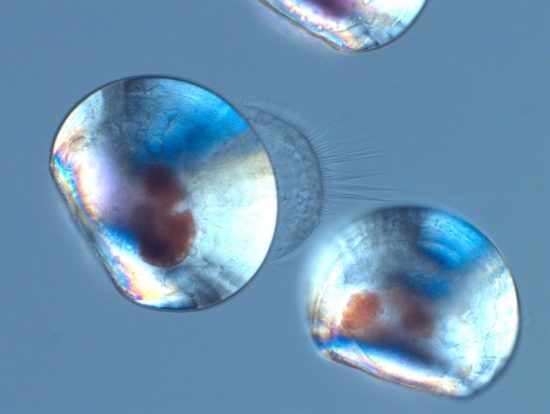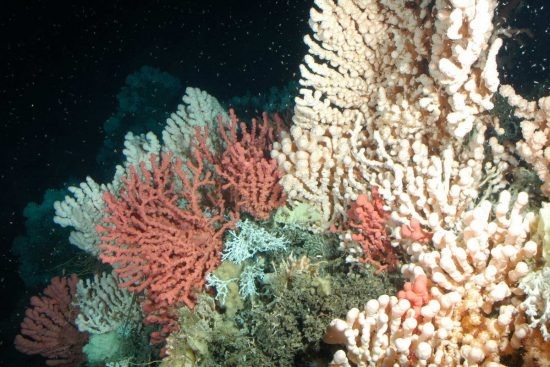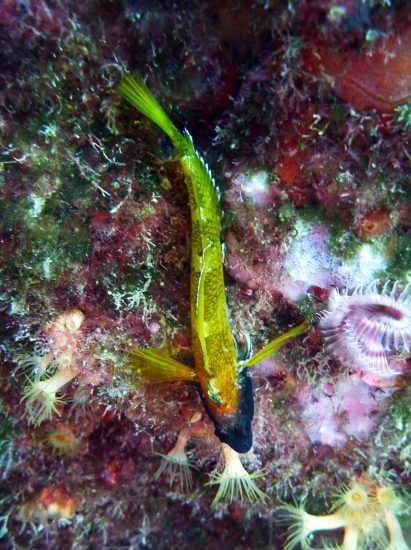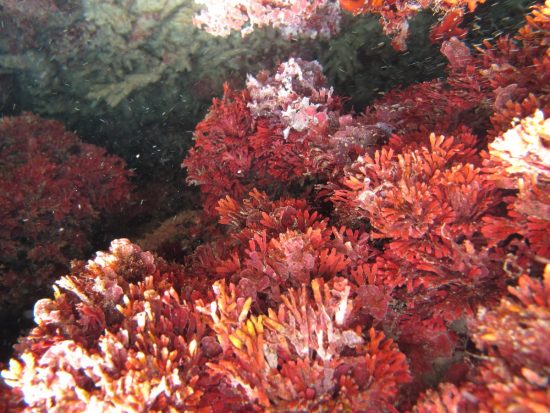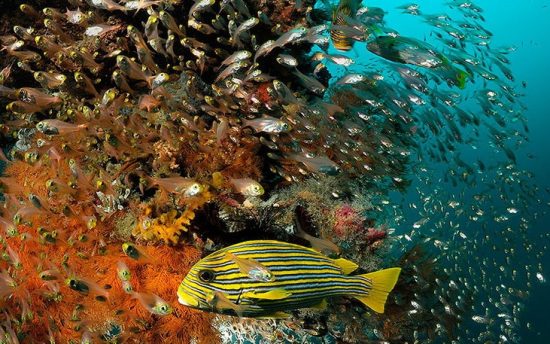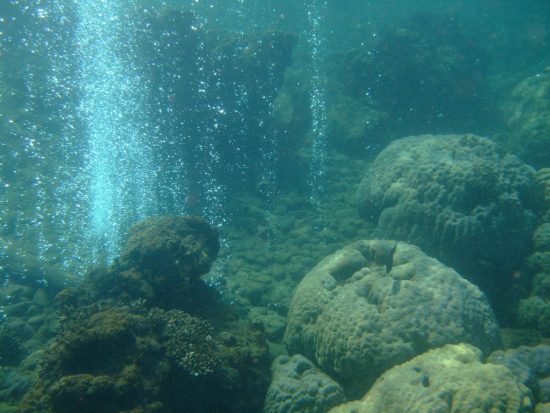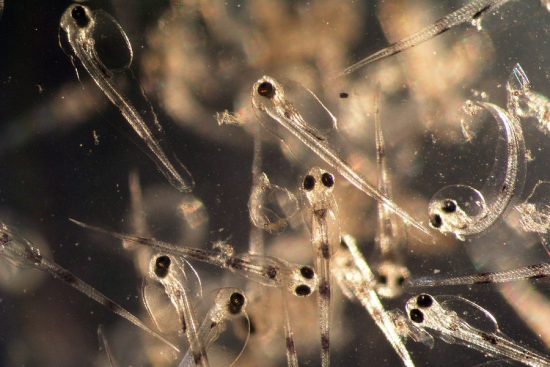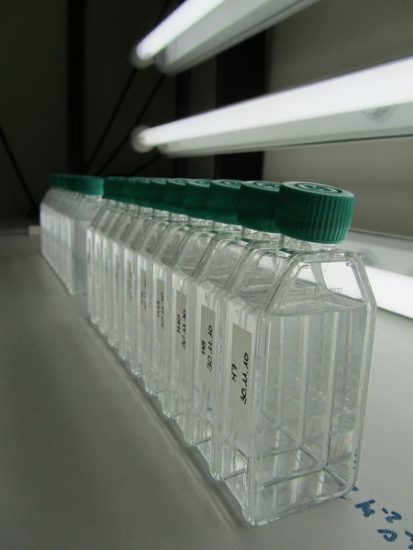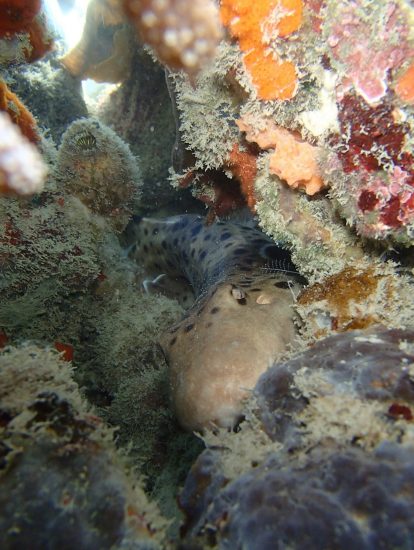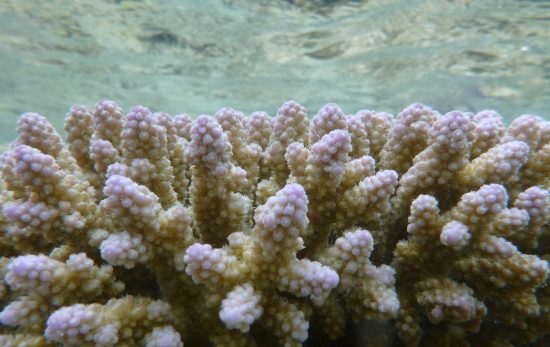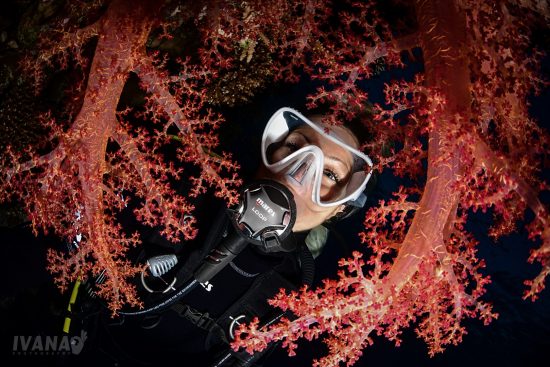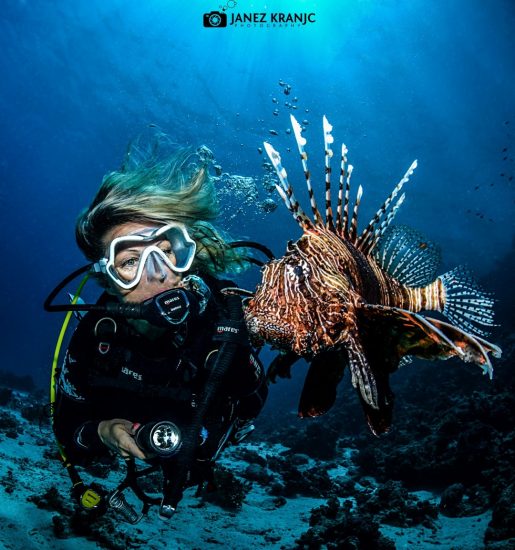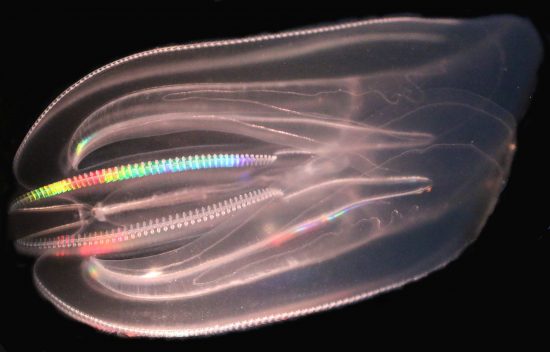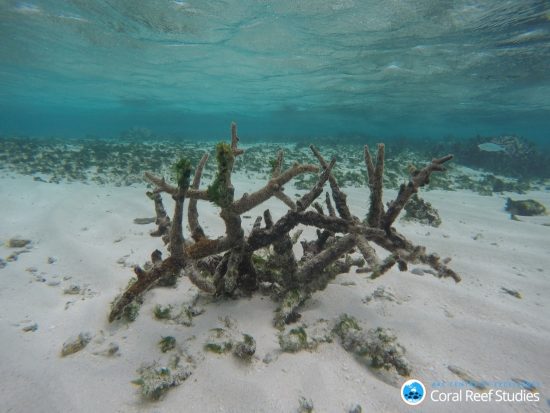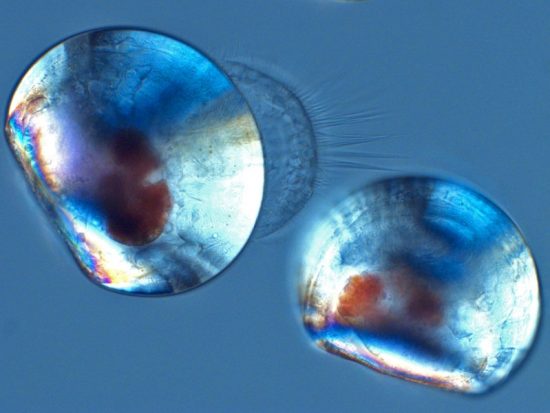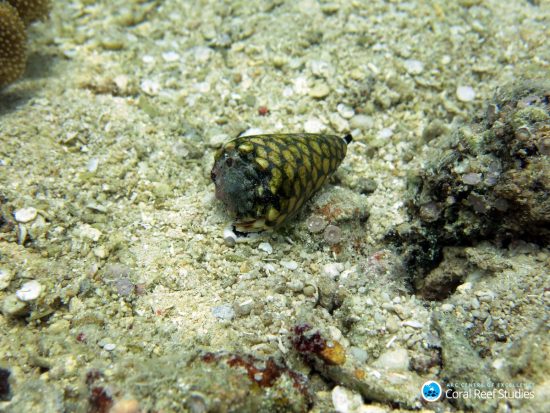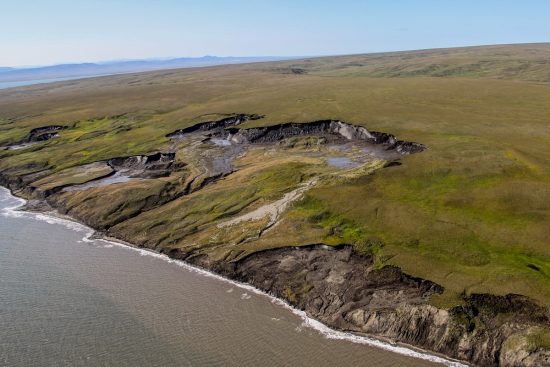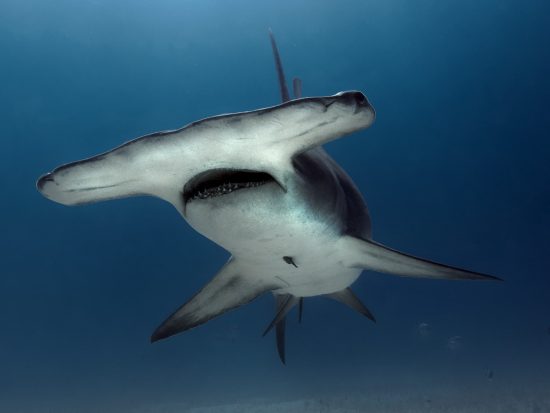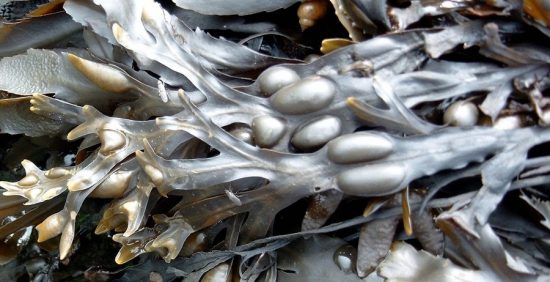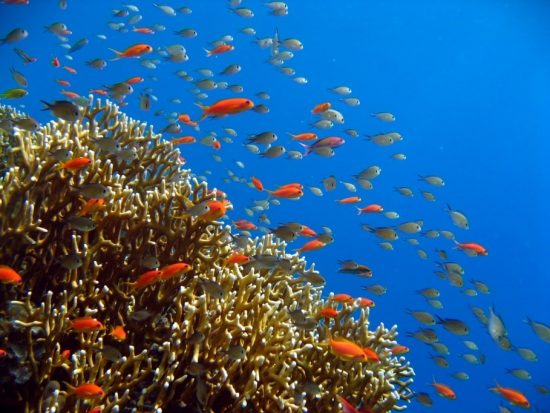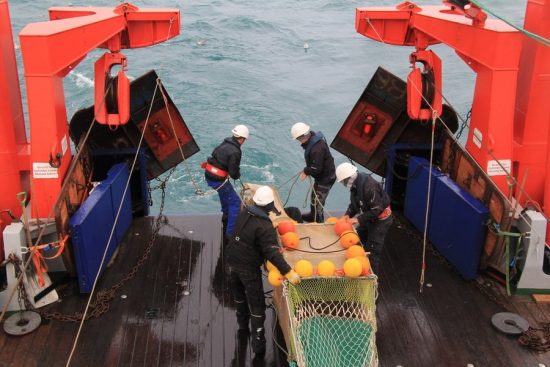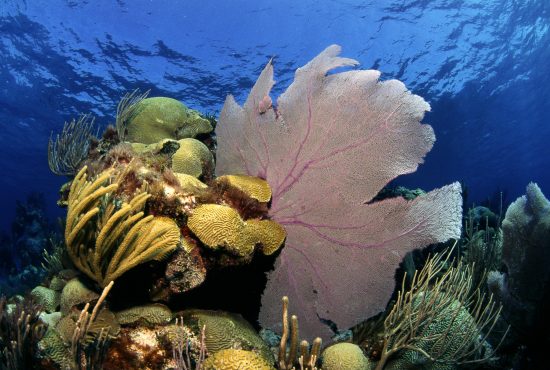
Ocean acidification affects mussels in early life stages
by Herbert - 11th January 2018
Marine scientists show impact of acidification on mussel larvae Shells have a hard, calcareous shell to protect themselves against environmental…

Scientists present research results on ocean acidification
by Herbert - 31st October 2017
Ocean acidification and warming affect life in the sea In November 2017, the final phase of the German research association…

‘Weedy’ fish species to dominate future oceans due to ocean acidification
by Herbert - 24th July 2017
Such fish are “marine equivalent to rats” For the first time, researchers at University of Adelaide have demonstrated that the…

Ocean acidification causes coralline algae to adjust internal chemistry
by Herbert - 25th April 2017
Some species show higher tolerance than others For the first time, a new study has revealed that coralline algae, which…
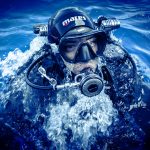
Photo exhibition on ocean acidification opens at GEOMAR
by Mares - 27th September 2016
A new photo exhibition by two nature photographers centres on the organisms on which climate change research is currently focused…

Two-thirds of zooplankton at tropical coral reefs lost to ocean acidification
by Herbert - 24th September 2016
Ocean acidification can fundamentally change the structure of the reef Tropical coral reefs can lose up to two-thirds of their…

Ocean acidification puts cod larvae in Atlantic under threat
by Mares - 27th August 2016
Population of cod has come into increasing pressure The increased acidification of the ocean may lead to twice as many…

Limitations of adaptation in ocean acidification
by Mares - 21st July 2016
Examining the evolutionary adaptation of unicellular phytoplankton Through the process of evolution, the coccolithophore Emiliania huxleyi, a unicellular phytoplankton, has…

Baby sharks defy ocean acidification
by Mares - 15th April 2016
Some baby sharks are able to cope with the level of ocean acidification predicted for the end of this century,…

Ocean acidification slows down coral reef growth
by Mares - 17th March 2016
By manipulating the seawater chemistry of a reef to study how excess carbon dioxide caused by human activity affects coral…

Corals are the perfect models
by Ivana and Janez - 4th October 2018
Looking at wonderful, colourful, tropical coral reefs, many people believe that the organisms responsible for these structures are plant based.…

The Lions of the Ocean
by Ivana and Janez - 1st December 2017
Lionfish (Pterois spp) are represented by 12 very closely related species. These majestic and amazing looking fish are among underwater…

Faster reproduction ensures immigrant species success
by Herbert - 19th November 2017
Why only a few introduced species establish themselves in foreign marine regions The number of non-native species detected for the…

Future opportunities for coral reefs
by Herbert - 8th June 2017
In spite of global warming, reefs could change but remain the same Although the world’s coral reefs are under threat,…

Kiel Fjord as training ground for mussels
by Mares - 4th May 2017
Genetic adaptation likely to have occurred over many generations Mussels from the Kiel Fjord were discovered to be able to…

Elevated carbon dioxide levels impairs cone snails’ hunting skills
by Mares - 7th February 2017
Cone Snails become hyperactive and “meandered around” Cone snails are expected to find it hard to catch their prey if…

Studying the effects of coastal erosion in the Arctic
by Mares - 18th January 2017
The thawing and erosion of the arctic permafrost coasts has increased so drastically in the past that more than 20…

Larger-sized animals at higher risk of extinction
by Mares - 22nd September 2016
Serious consequences for the marine ecosystems Uncontrolled fishing practices have given rise to a new trend that places larger animals…

Essential seaweed species in Baltic Sea under threat
by Mares - 11th August 2016
The Baltic Sea’s biomass of bladder wrack (Fucus vesiculosus) may soon decline due to rising sea temperatures and the presence…

Coral reefs in dire threat
by Mares - 12th October 2015
The third global spate of coral bleaching currently taking place may affect almost 38 percent of all the coral reefs…

German research network on ocean acification concludes
by Mares - 8th October 2015
An in-depth assessment of the possible impact of ocean acidification on the environment, society and economy, as well as the…

Climate Change: Ocean Collapse irreversible?
by Herbert - 8th July 2015
Oceans Will Collapse If Greenhouse Gas Emissions Are Not Reduced It's been confirmed: Even if we were to reduce our…





